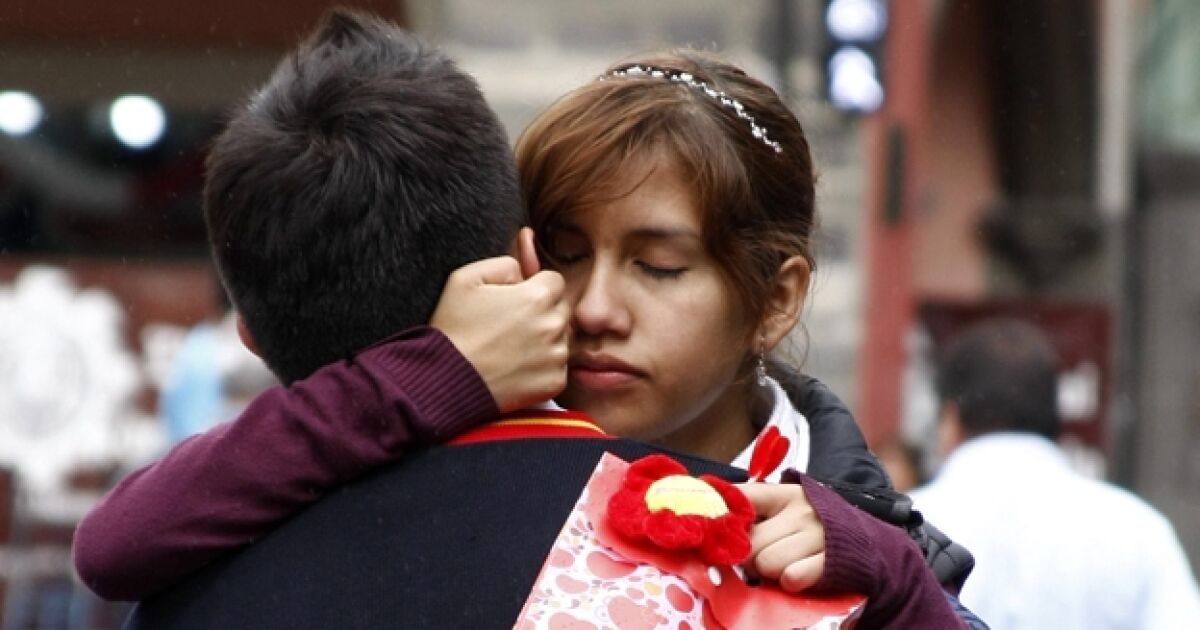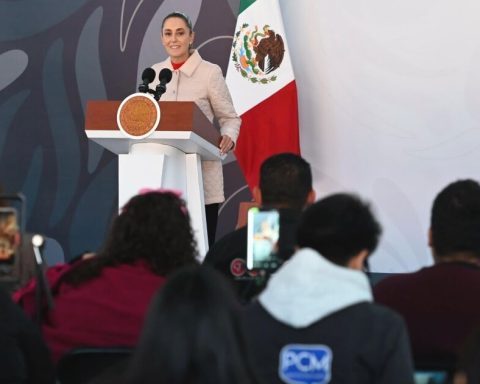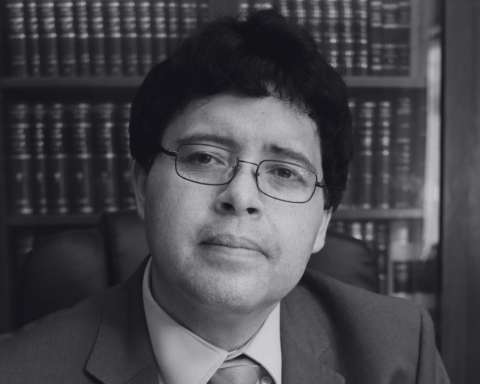As a starting point we must recognize that the way we relate to each other is conditioned by our environment. Environment that is defined and imposed by the dominant groups to legitimize their control and social power, since from there “convenient” guidelines of behavior are established. This socially constructed reality, transmitted from generation to generation without further questioning, is assumed to be natural (Berger and Luckman, 1968).
However, starting in the 19th century, capitalism institutionalized heterosexual monogamy as a functional pillar of the patriarchal state. The idea of sexual exclusivity of the couple was what allowed the subjection of women under the mandate to procreate children of a certain paternity (Engels, Friedrich, 2011); that is, private property over women maintained hereditary lines (Robinson, Victoria, 1997).
As a necessary accomplice to heterosexual, capitalist and patriarchal monogamy, the myth of romantic love arises. This chimera -in addition to perpetuating the differentiated sexual roles in which femininity is passive, submissive and weak and masculinity strong and dominant- dictates for women that the happy ending will occur with the arrival of Prince Charming and that our greatest reward of life will be to serve him and take care of his children; while he is allowed positions of leadership and power, since he has an entire kingdom to lead.
Finally, the institutionalization of monogamy validates the sense of belonging and dependency; jealousy as a manifestation of interest, love and legitimate possession; the illusion of finding in the couple the complement and satisfaction of all the needs and expectations; and, eternal reciprocity of the better half (Pérez and Bosch, 2013). Of course, the imminent failure of the aforementioned utopian formula brings with it dissatisfaction, guilt, infidelity, jealous violence and narcissistic over-demand.
Faced with such a scenario, which is mainly detrimental to women, many feminists think that ethical non-monogamy can transform power dynamics in heterosexual relationships. This relational model consists of an arrangement according to which – based on mutual commitment and consent – people have or can have multiple romantic, sexual and/or intimate connections (Yau, Leanne, 2022).
Like everything else, this relational model is not exempt from a factor of privilege, since in order to guarantee its practice from equality it is essential that the parties involved have a more or less balanced degree of availability of time and financial autonomy, in order to avoid precisely situations of dependency or control (Robinson, Victoria, 1997).
As opposed to non-monogamy, the CEDAW Committee has held that “[l]Polygamy infringes a woman’s right to equality with men and can have such serious emotional and economic consequences for her, as well as for her dependents, that it should be discouraged and prohibited” and should be abolished by States parties ( CEDAW Committee, 1994, 2013). Some feminist sectors endorsed this position.
It should be clarified that these pronouncements are made with reference to polygamy as a marriage between many women and one man, also known as polygyny. Figure that clearly occurs in a framework of inequality between the parties, and even more intensely to women.
















